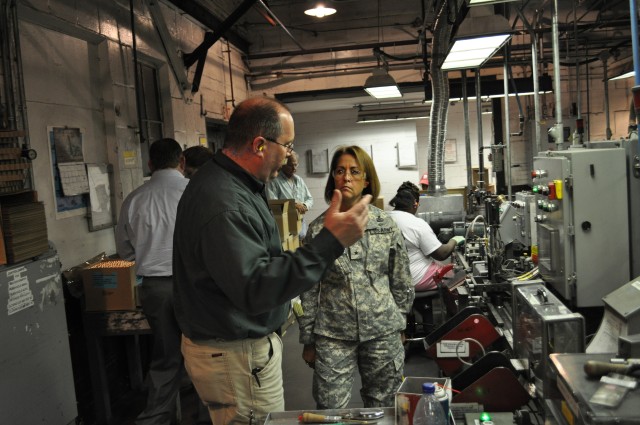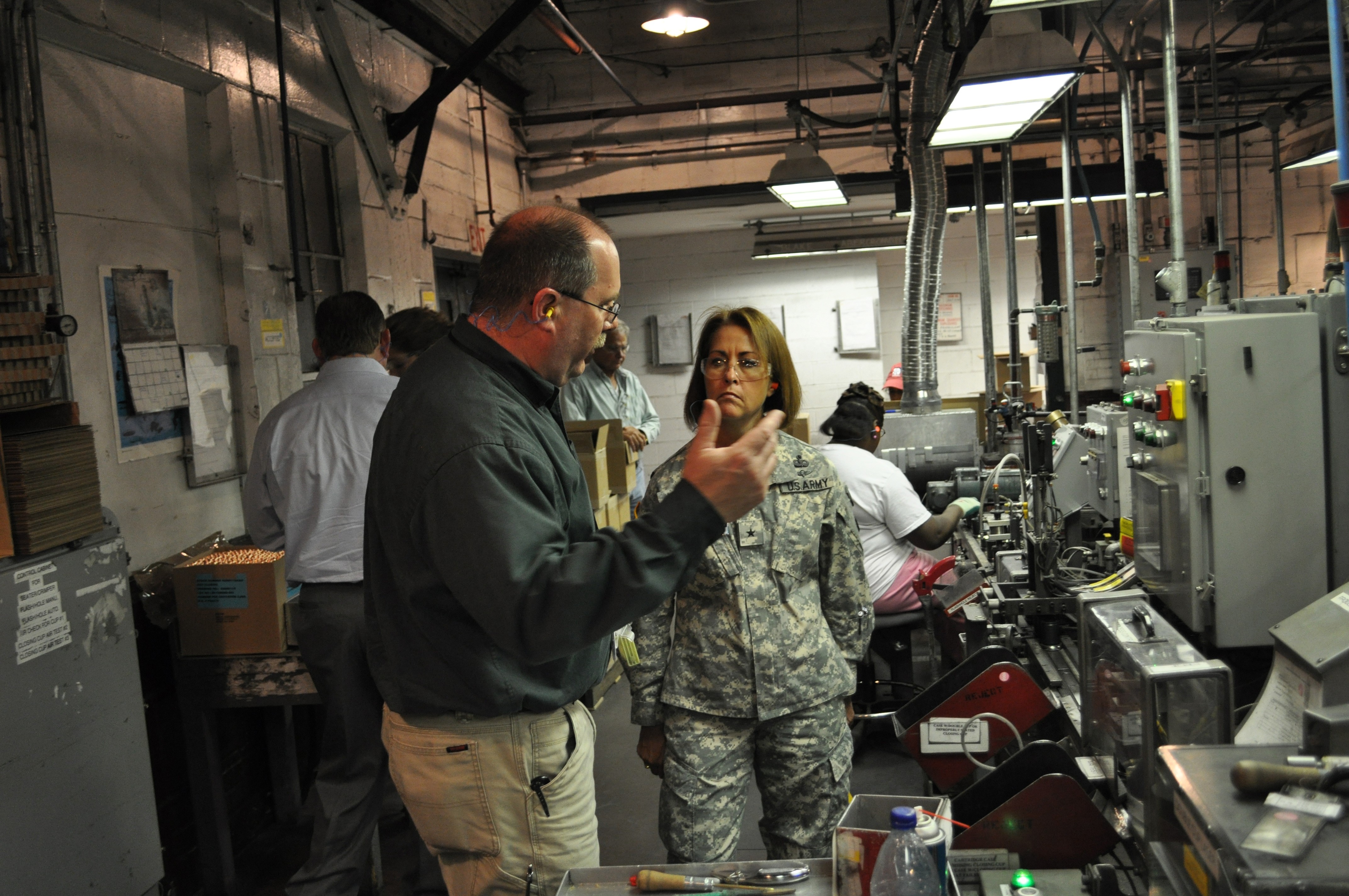
On Nov. 1, 2007, then-Secretary of the Army Pete Geren accepted a report from an independent commission on Army acquisition and program management in expeditionary operations.
The commission -- under the leadership of former Undersecretary of Defense for Acquisition, Technology and Logistics, Dr. Jacques Gansler -- cited structural weaknesses and organizational shortcomings in the Army's acquisition and contracting systems. The commission's recommendations led to major changes within the Army acquisition structure, to include the stand-up of the U.S. Army Contracting Command Oct. 1, 2008.
As one of his first initiatives, ACC Executive Director Jeff Parsons established a training program for quality assurance experts, career program 15, to provide oversight and ensure contract compliance for services and supplies procured through Army contracting.
The earliest incarnation of the training program began in 2009 at Fort Dix, N.J., where training continues today.
"Initially there were only five of us on staff at the time," said Jim Rodden, ACC quality assurance intern training manager, "and we stood the program up from scratch."
Rodden and Rochelle Riebau, the quality assurance division training chief, determined that Fort Dix would be the most cost-effective location for the program due to space shortages at other major ACC locations as a result of Base Realignment and Closure relocations, and because of the proximity to ACC's Mission Installation Contracting Command element at Fort Dix. They located a classroom and equipment at low cost, and two permanent instructors -- Rodden and Robert DiFazio -- were brought on board, with other ad hoc instructors added as needed.
Students take industry field trips to companies involved in military contracting, where they experience on-the-job instruction and scenarios. The curriculum also includes training in quality assurance practices, contracting, the DOD acquisition process, applicable acquisition regulatory requirements, configuration management and contracting officer representative comprehension.
"Even though I have both military and civilian experience in quality assurance, I was still very impressed with the depth of effort that the government quality assurance specialists go to in ensuring that the products being built for our military forces are as good as they can be," said Charles Smeltzer, a quality assurance graduate intern at Fort Hood, Texas.
Mark Mohler, a recent graduate of the program and current intern stationed with the Expeditionary Contracting Command's 413th Contracting Support Brigade at Fort Shafter, Hawaii, also appreciated the on-the-job training he received in his coursework.
"The program is a great way to start." said Mohler, "You bring a group of people in who aren't necessarily familiar with the Army, and the instructors do a really good job of covering all bases and getting us out in the real world, as well as using in-class exercises to [give students] an idea what to expect once we get in place."
Upon completion of six months of classroom training and six months of on-the-job training at their duty locations, students earn their Defense Acquisition Workforce Improvement Act Level 1 certification. At their duty location, they are placed in a quality assurance position and assigned a mentor who works with them for the next 18 months. After successful completion of all training and the mentoring period, the CP15 interns complete Level II certification and become QA journeymen.
"At my office, I was really able to hit the ground running combining what I learned [in the classroom] with what was already in place at the Regional Contracting Office-Hawaii," continued Mohler, "and [our training] was beneficial to the receiving commands also, as we can bring new ideas and outside experience into our commands."
Added Smeltzer: "I've got to admit I was surprised when several of the contracting officers told me how glad they were to see more QAS people. They sometimes just don't have the time to adequately interface with their contracting officer representatives. They really need us."
ACC's first CP15 class began its coursework in August 2010 and graduated in December 2010, producing eight graduates. The program currently boasts 11 full-time students and projects 28 students for the June 2011 class, made up of a demographic of recent college graduates and Army civilians from ACC and the Army Corps of Engineers. The program is attractive to career professionals and those looking to enter civilian service alike because of the accelerated promotion potential upon completion of training requirements.
"The CP15 program is a fantastic opportunity for students to jumpstart a career as an acquisition professional," said Mohler.
According to Rodden, students enter the program in mid-level positions and normally are promoted to higher journeyman positions once they have completed Level II certification. Journeymen may be deployed to worldwide locations where acquisition overview is critical: Fort Polk, La.; Picatinny Arsenal, N.J.; Fort Hood, Texas, to name a few; as well as many overseas locations such as Germany, Italy and Korea.
The CP15 program is a critical element to ACC's efforts to improve the acquisition process initiated by the Gansler Report, and it doesn't go unrecognized. "This program is Mr. Parsons' initiative," said Rodden, "and we're very proud of the work we're doing here."

Social Sharing